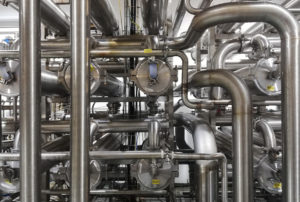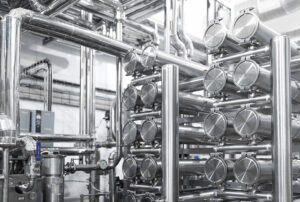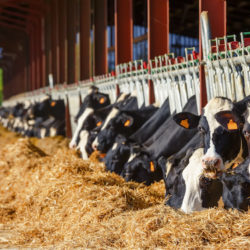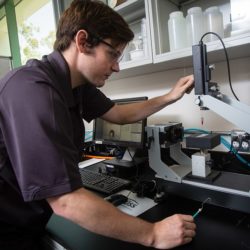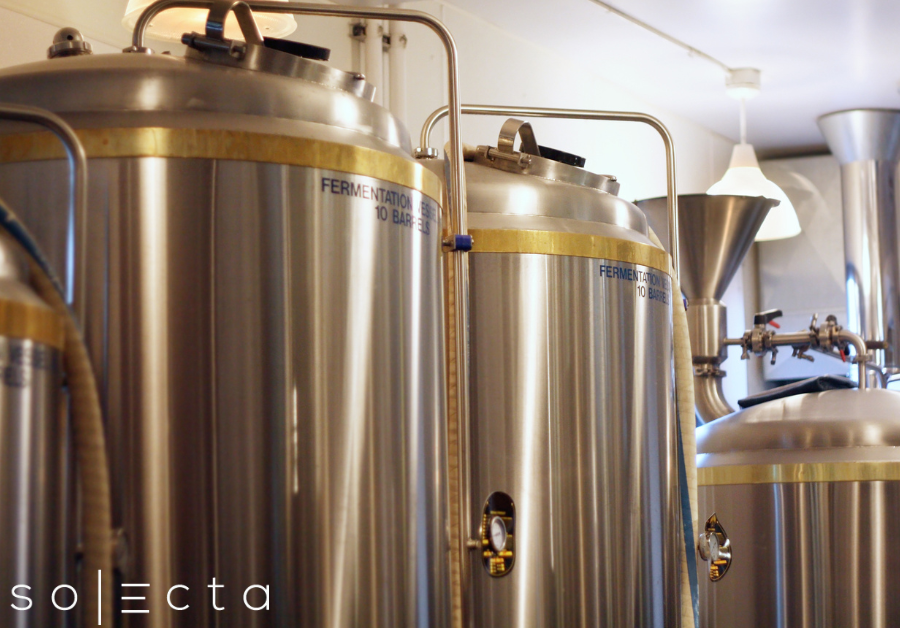
Revolutionizing Food Production: The Role of Membrane Technology in Fermentation
Despite significant advancements in agriculture and food production technologies, food scarcity remains one of the most pressing global crises due to population growth, environmental challenges, and economic disparities. Traditional animal and plant-based food products have historically been the cornerstone of global nutrition. However, as global population increases, so does the demand for these resources, leading to an unsustainable strain on the planet. The answer to this challenge may lie in the realm of biotechnology, specifically fermentation.
Fermentation is an advanced form of biotechnology that leverages genetically engineered organisms to produce proteins, carbohydrates, and other essential nutrients. This process has the potential to revolutionize food production by creating high-quality, nutritionally rich products using fewer resources.
The fermentation process involves several steps to ensure successful synthesis, purification, and activity of the final product. It begins with selecting an appropriate microorganism capable of producing the desired product. The next step is preparing a fermentation medium containing all the necessary nutrients to support microbial growth and the target molecule. The system is sterilized to prevent contamination, followed by inoculation and controlled fermentation.
Efficient and effective harvesting of the final product is key to meeting quality and yield targets. Initially, microbial cells are separated from the fermentation broth using filtration or centrifugation. This is followed by a series of clarification steps to remove cell debris and other impurities from the broth, concentration steps to concentrate the final product, and purification steps to obtain the final product quality. Process optimization at each step is critical to achieving the desired quality and yield.
Membrane separation is increasingly applied in the fermentation process for the harvesting and purification steps. Microfiltration uses semi-permeable membranes to separate proteins from the cell mass, allowing the protein to pass through for further purification in downstream processes. Ultrafiltration is applied in downstream processes to remove impurities and concentrate the product, resulting in a higher value product. Nanofiltration can be used for further purification of the product. Achieving maximum benefits from membrane technology requires proper application and optimization. This approach can enhance the quality of the final product, increase product concentrations, improve productivity, and reduce waste. Collaborating with the right partner to ensure the appropriate design and optimization of the system is essential for achieving overall success.
Enhancing process efficiency and minimizing waste is essential for increasing food supply. Solecta recently partnered with a food production company to optimize their fermentation operations, achieving notable enhancements in productivity and financial returns. By adopting best practices and advanced membrane technologies, the food producer boosted production and cut wastewater by 7.1 million gallons annually. These improvements translated to an extra $1.6 million in yearly revenue. The challenge of food scarcity urges producers to optimize efficiency and reduce waste. The annual reduction of 7.1 million gallons of wastewater highlights how process enhancements can save resources while increasing profitability. Such advancements are increasingly vital as we strive to feed a growing global population with finite resources.
In conclusion, fermentation holds great promise as a sustainable solution to global food scarcity. While much focus and attention has been paid to the development of bespoke organisms, working with separation partners like Solecta can help fermentation process owners optimize the overall recovery and final quality of the target product, and minimize waste in their downstream processes. Solecta specializes in providing upfront scoping of options, ongoing support for commercialization, and process optimization for separation systems that use polymeric spiral-wound membranes. By leveraging advanced fermentation and membrane separation technologies, we can enhance food production, reduce waste, and contribute to solving the global food scarcity crisis.
Related Resources in the Knowledge Hub
Let’s Keep in Touch
Follow Solecta on LinkedIn and join our mailing list to keep up with our latest news.
Explore the Possibilities
Our team of application engineers and domain experts understands your industry’s unique challenges. (They’re also eager to solve them.)


